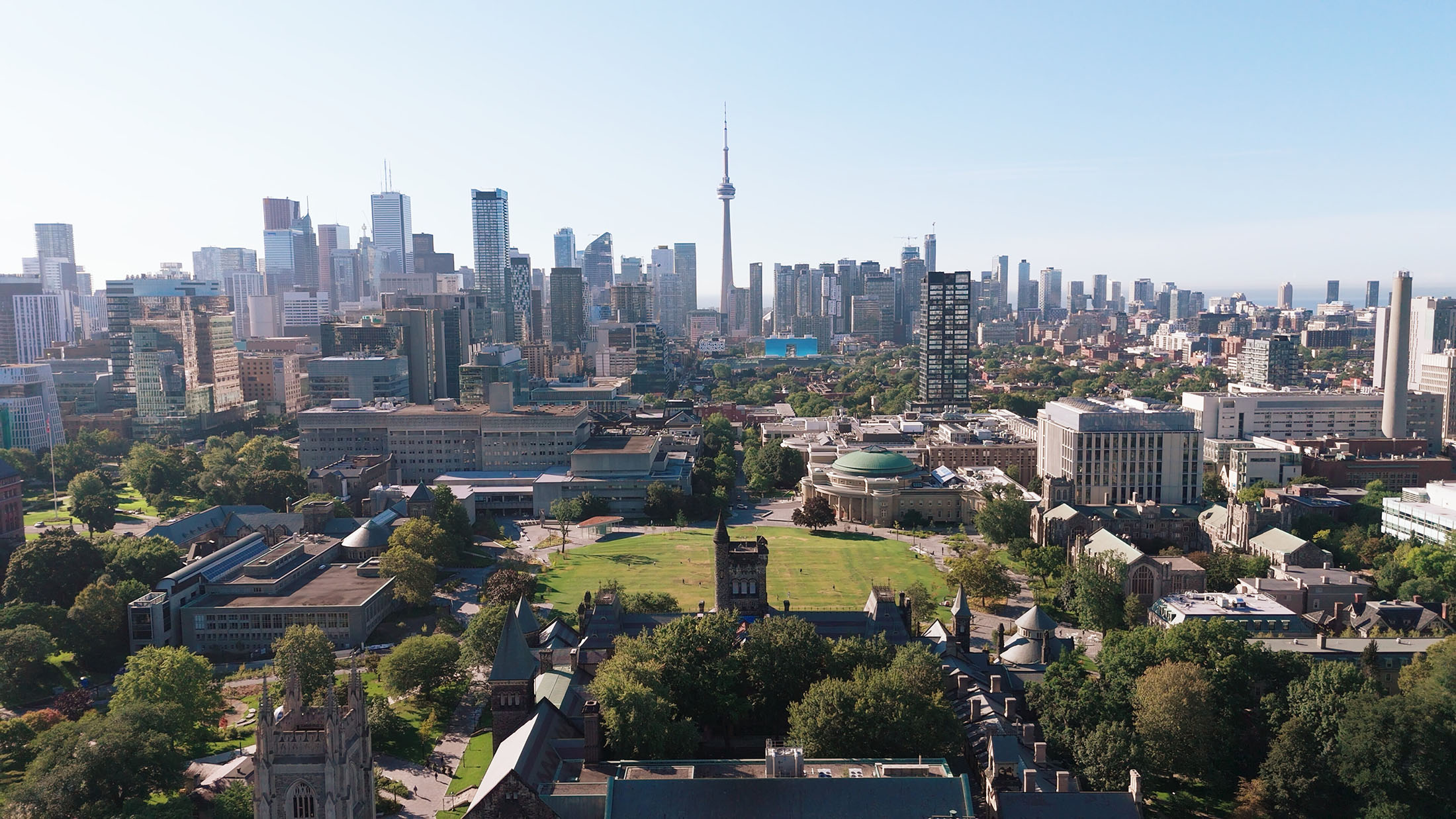
Original date: November 3, 2009.
The sale of food items in both indoor and outdoor common areas of the university is subject to regulations under the Ontario Health Protection and Promotion Act and City of Toronto by-laws. The guidelines outlined below are in place to ensure that events held on campus are safe, and that event organizers and attendees are protected. Please refer to the guidelines that apply to your events (e.g. barbeques, non-licensed catered events, bake sales and pot-lucks / office parties). In the event that food is not being served by a licensed food provider, a Temporary Food Services Provider Application must be completed.
Temporary Food Services Provider (TFSP) Guidelines for barbeques and non-licensed catered events
To assist the TFSP in organizing a safe event, the following minimum requirements have been established to minimize the possibility of food borne illness.
All food must be obtained from an approved commercial source. All food must be prepared in a licensed and approved commercial kitchen. Only limited preparation (cooking and associated assembly) is permitted on site. No home prepared or home canned foods shall be used, sold or given away. The following are minimum requirements and are by no means all-inclusive.
Food Utensils (Equipment)
- Only single service eating utensils such as plastic knives, forks, spoons, paper plates and cups shall be used. Cutlery, plates and cups shall be purchased pre-wrapped and stored in a clean container up above the ground. Cups shall be stored in their original containers and handled only from the bottom of the cup. Re-use of single service items is prohibited.
- Where a 2-compartment sink is not available for washing and sanitizing utensils (spoons, tongs, ladles, ice cream scoops) a sufficient number of wrapped, clean, back-up utensils (4 sets) must be available should the original utensils become contaminated. Utensils that fall on the ground must not be re-used.
- Food contact equipment and surfaces must be smooth, non-absorbent, easily cleaned and protected from contamination.
- Wiping cloths or sponges for cleaning and sanitizing food contact surfaces must be provided and stored in a sanitizing solution.
Water
- Potable water under pressure (gravity fed) must be provided. The supply must be adequate for hand washing, food preparation and equipment cleaning. When a sink or hand wash basin is not available a clean water container must be used (e.g. plastic jug with a spigot). All wastewater must drain into a leak-proof container/tank. Arrange for sanitary disposal of all wastewater.
- If you are hooking up to a water supply, food grade hoses must be used.
Ice
- All ice must be transported, stored and dispensed in a sanitary manner. Ice must be obtained from an approved source.
- Ice must be stored in single service closed containers or bags to prevent contamination.
- Tongs and scoops used to dispense ice must be stored a container or cup outside of the ice.
- Ice for consumption must not be touched directly with the hands.
Personal Hygiene
- Hand washing facilities must be provided at each temporary food establishment. Where a sink or hand wash basin is not available a clean container with a spigot at the bottom may be used.
- Liquid soap in a dispenser and paper towels must be provided.
- All food handlers must wash their hands with clean water and soap before starting work, after each visit to the toilet, after smoking, handling garbage, handling cash and as frequently as possible to maintain clean hands.
- All food handlers must wear clean outer clothing and must confine the hair by wearing hairnets, baseball caps, scarves, etc.
- Eating, drinking, and smoking are prohibited by the food handlers while working in the temporary food establishment.
Garbage
- Adequate supplies of garbage bins and recyclable stations must be provided by the TFSP.
- It is the responsibility of the TFSP to arrange for disposal of garbage and recycling at the end of the event.
General
- To protect against health hazards related to the operation of the TFSP event, additional requirements may be imposed, and University of Toronto Food Services may prohibit the sale or service of certain hazardous food(s).
- If the TFSP event does not meet the requirements of University of Toronto Food Services, it will not be allowed to occur.
- To assist in maintaining hot food temperatures at 60 degrees Celsius or greater, outdoor food events such a barbeques require a minimum external temperature of 10 degrees Celsius. The daily temperature will be verified by visiting environment Canada.
Definitions
- a) “employee” (This can also be a club member or volunteer) means any person who is employed in a food premise and handles or comes in contact with any utensil or with food during its preparation, processing, packaging, service, storage or transportation;
- b) “food” is not limited to, but includes liquids and ice intended for human consumption;
- c) “food contact surface” means any surface that food comes in contact with in a food premise;
- d) “hazardous food” means any food that is capable of supporting the growth of pathogenic organisms (organisms that are capable of causing disease) or the production of the toxins of such organisms;
- e) “multi-service article” means any container or eating utensil that is intended for repeated use in the service or sale of food;
- f) “potable water” means water that is safe for human consumption;
- g) “pre-packaged foods” means food that is packaged at a premise other than the premises at which it is offered for sale;
- h) “sanitizing” means antimicrobial treatment, and “sanitize” has a corresponding meaning;
- i) “single-service article” means any container or eating utensil that is to be used only once in the service or sale of food;
- j) “utensil” means any article or equipment used in the manufacture, processing, preparation, storage, handling, display, distribution, sale or offer for sale of food except a single-service article.

